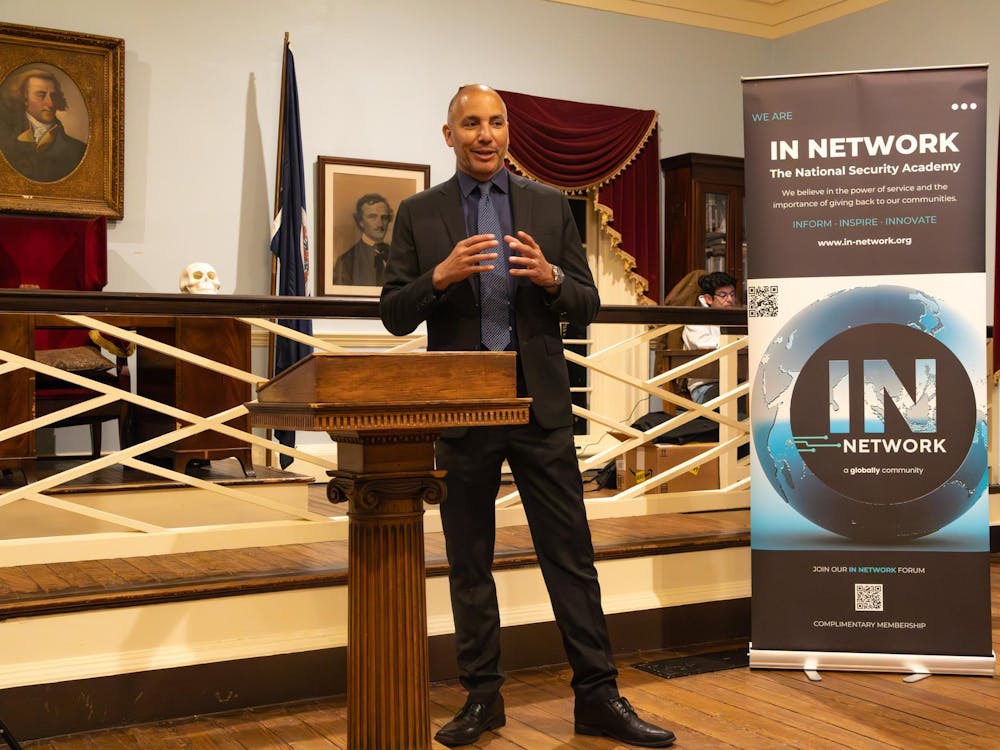According to a survey published online in the January-February 2009 issue of Academe, doctoral students may be less likely to pursue professorships at research-intensive universities because of the lack of accommodations these institutions make for family needs.
Conducted at nine of the 10 University of California campuses, the survey results suggest that today’s doctoral students are leaning toward institutions that have a stronger focus on teaching instead of research, said Karie Frasch, University of California Faculty Family Friendly Edge Project manager.
Researchers conducted the survey for seven years with students at different points in their doctoral careers. About 45 percent of men and 39 percent of women reported that at the beginning of their doctoral programs they wanted to pursue careers as professors with a strong focus on research. Only 36 percent of men and 27 percent of women, however, reported that they still wanted to pursue this career option at the time the survey was performed.
The survey’s findings showed that 84 percent of women and 74 percent of men were either very concerned or somewhat concerned about the family friendliness of possible career paths.
“In the eyes of many doctoral students, the research-focused career track has a bad reputation — one of unrelenting work hours that allow little or no room for a satisfying family life,” the report states.
According to the report, these results have striking implications about the overall mind-set of graduate students not only in the University of California system but at universities across the country.
“If this sentiment is broadly shared among current and future student cohorts, the future life-blood of academia may be at stake, as promising young scholars seek alternative career paths with better work-life balance,” the report states.
These results, Frasch explained, “bring home the need to make some transformations to academia in order to keep attracting the best and brightest people.”
Sharon Hostler, University of Virginia Medical School senior associate dean, suggested that the results seen in the study may also appear in Charlottesville. At the University of Virginia Medical School, incoming employees are increasingly choosing tenure-ineligible tracks, during which “people do their scholarly activity at the rate they choose to,” Hostler explained.
As a research institution, the University of Virginia Medical School also is now more closely considering the futures of its doctoral students. The Medical School is encouraging a program known as “Off the Clock,” which can delay an evaluation or a portfolio review for a year for reasons determined by the circumstance. An equal number of men and women take advantage of the program, Hostler said.
“It’s becoming more common for men to want to balance work and family as well,” Frasch said. “It’s not just a women’s issue.”
To accommodate families as a whole, the University also looks to find jobs for partners and to “provide a broader net for families and couples who are looking for work,” Hostler said.
Furthermore, the University Medical School is seeking to improve its child care. Though two University-run day care facilities — the Child Development Center and Kenneth Cole Center — currently exist, plans to create two more day care centers over the next four years are in motion.
The goal is to “try to combine all four into a consistent resource for families,” Hostler said. “We have trouble meeting the needs of mothers who have newborns here. The waiting list is often longer than the pregnancy.”
At the beginning of 2008, the University Medical School also began offering an emergency child and elder care plan for its employees.
“We clearly have a need that we are not meeting for faculty and staff and students,” she said.






